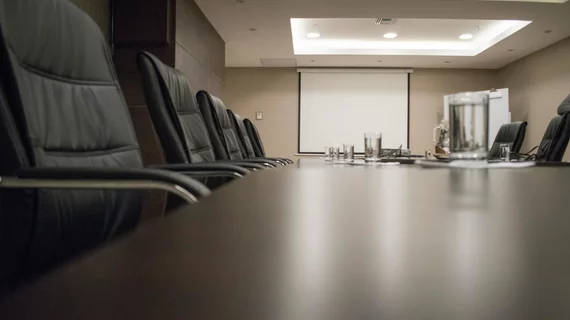‘Boreout’ in the C-suite
Feeling overwhelmed by your work? There’s a lot of that going around these days. Some call it burnout. But there’s another side to the story.
The flip side is called “boreout.” Its main symptom is feeling underwhelmed by your work.
As described by the organizational psychologist Adam Grant, boreout is the “emotional deadening you feel when you’re understimulated.”
As reflected upon by Anne Chow, the condition is surprisingly common among CEOs and other high achievers.
Chow, a former Fortune 20 divisional CEO (AT&T Business) and present board member (3M, FranklinCovey), discusses boreout—the word entered the business lexicon as a mashup of boredom and burnout—at ChiefExecutive.net.
As a type of leadership malaise, boreout is seldom discussed because “it may not look like a crisis,” Chow explains. “From an individual’s perspective, it can even represent a work hazard of sorts that heavily detracts from one’s ability to perform at their best.”
However, if left unaddressed, it can become chronic. When that happens, boreout can emotionally impair the affected the leader and, by so doing, seriously hamper his or her organization.
Chow briefly traces her career path from technical internships to computer engineering to executive leadership. She awakened to her own bout with boreout before she knew there was a word for it.
Crucial to her growing out of this stage was applying a framework that, she says, functions on both an organizational and individual level—thinking outside-in and inside-out:
Without realizing it, I had begun to think outside-in: I had a deep desire to see and influence the bigger picture, specifically as it related to how we were viewed and how we performed as a business, and what each small, individual action I took meant ultimately.
Also, without realizing it, I was thinking inside-out: Concerned about the customers and their growth as I went about my daily routine and regularly asking myself what I wanted out of my job and what mattered to me.
Thinking both outside-in and inside-out can counteract boreout “as effectively as any other framework I can think of,” Chow writes. “That’s because both points of view lead to obvious questions.”
To see the questions Chow asked herself and consider what else she has to say about boreout and its cures, read the piece.

